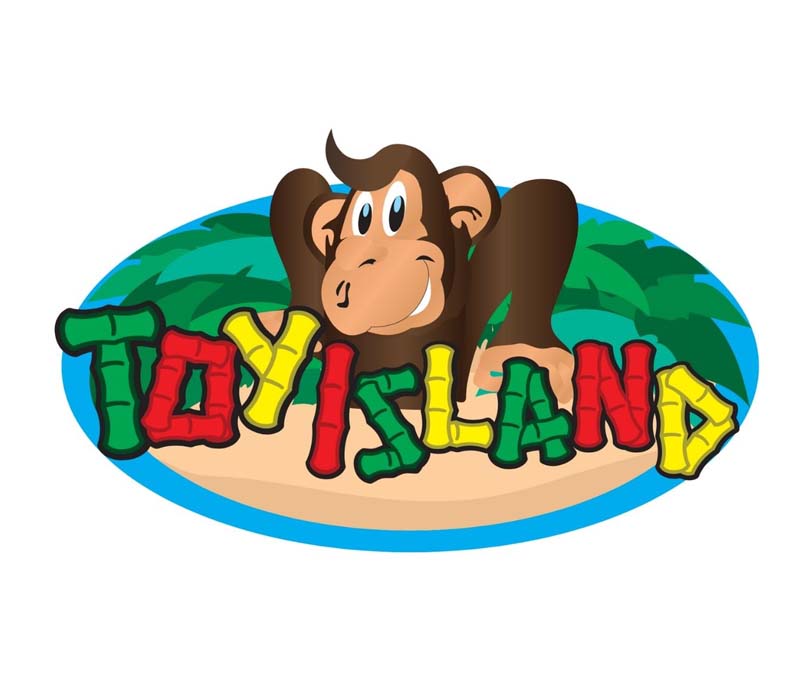THE IMPORTANCE OF THE TOY
Games and toys are also considered very important in terms of child development and education. Providing educational materials related to the game as well as providing play opportunities to the child is an issue that needs attention. In the selection of toys, preferences should be made according to the child's age, development level, abilities, interests and needs. Although the child's preference to play with toys for his/her gender is an indication that he/she has learned the gender role, it is necessary not to insist on this situation. Parents should give their children the opportunity to play with toys for both sexes and should not limit the child to rigid rules. Supporting children's interactions such as communicating with the opposite sex and sharing their toys can reduce gender discrimination. While practicing their daily activities, teachers should develop different alternatives to the gender roles imposed on children by the society. It can be said that more importance should be given to art education, toys and game materials in the pre-school period in order to increase the creativity of children and to better support all areas of development. For this reason, it is considered important to inform parents and educators about these issues
EDUCATIONAL TOY
There are activities to support the visual perception development of children in pre-school education. One of these activities is educational toys. Educational toys are toys that enable children to learn by playing, develop concepts, better understand objects and events, that is, help children's mental development. While playing with this toy, children acquire behaviors such as following certain instructions suitable for the purpose of the toy and continuing the activity for a certain period of time. By establishing cause-effect, similarity, part-whole relationships between events and objects with educational toys or by sorting and grouping them according to a certain feature or order of occurrence, making shape-ground distinction, hand-eye coordination, mental development, small muscle development, perception, problem solving, comparing, keeping in mind, making decisions, recognizing similarities and differences, visualizing skills develop. Games played with educational toys enable children to perceive, focus on a certain subject, and find solutions to problems by trial and error (Aral, Kandır and Yaşar 2001: 55-60; Oğuzkan and Oral, 2003: 50). In early childhood, it is beneficial for the child to use educational toys to support cognitive skills such as using symbols, perception, creating new concepts, and all their development (Megep, 2009:18-28).

